Dimmer Problem
Delilah66
13 years ago
Related Stories
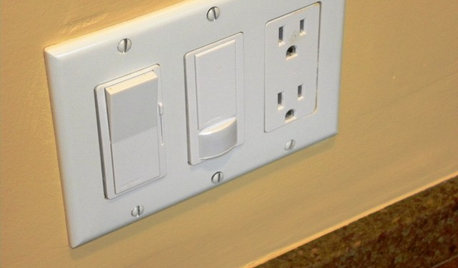
GREAT HOME PROJECTSHow to Install a Dimmer Switch
New project for a new year: Take control of your lighting to set the right mood for entertaining, dining and work
Full Story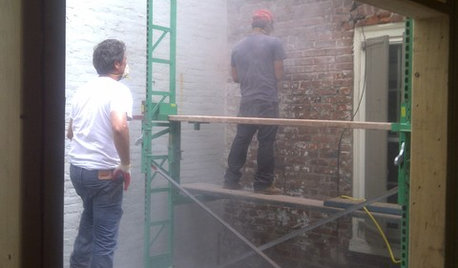
HOUSEKEEPING10 Problems Your House May Be Trying to Show You
Ignore some of these signs and you may end up with major issues. We tell you which are normal and which are cause for concern
Full Story
VALENTINE’S DAY5 Relationship Problems Solved by Design
Everyday issues driving you and your special someone apart? These design solutions can help mend your together time
Full Story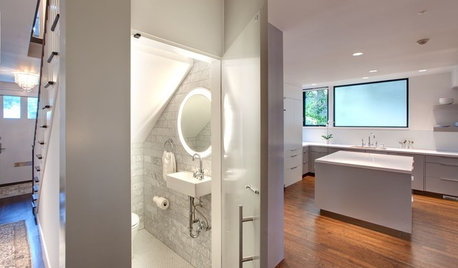
BATHROOM DESIGNLight-Up Mirrors Offer Bright Design Solutions
If you're taking a dim view of a problem bathroom area, try the flash of design brilliance that is the electric mirror
Full Story
LIGHTING10 Ways to Get Your Lighting Right
Learn how to layer table lamps, floor lamps and overhead fixtures to get the lighting you need and the mood you want
Full Story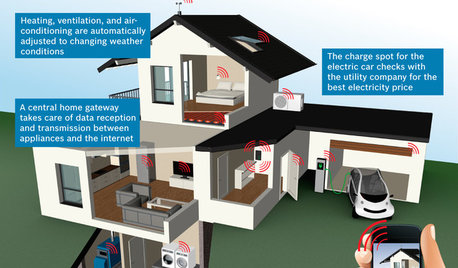
THE HARDWORKING HOMECES 2015: Inching Toward a Smarter Home
Companies are betting big on connected devices in 2015. Here’s a look at what’s to come
Full Story
WORKING WITH PROS6 Reasons to Hire a Home Design Professional
Doing a construction project without an architect, a designer or a design-build pro can be a missed opportunity
Full Story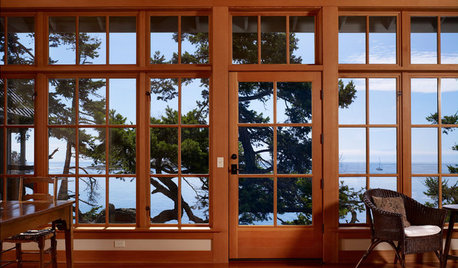
LIGHTINGHouse Hunting? Look Carefully at the Light
Consider windows, skylights and the sun in any potential home, lest you end up facing down the dark
Full Story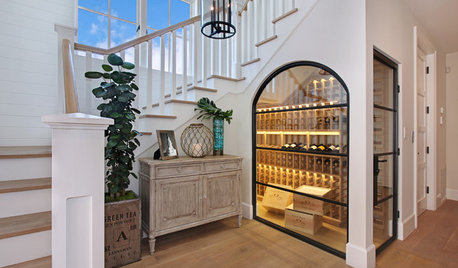
LIGHTINGWhat to Know About Switching to LED Lightbulbs
If you’ve been thinking about changing over to LEDs but aren't sure how to do it and which to buy, this story is for you
Full Story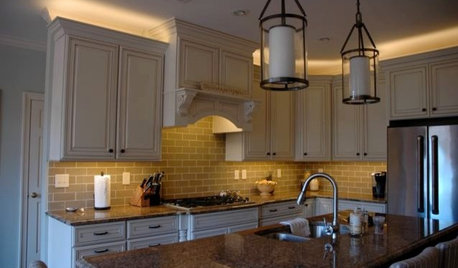
LIGHTINGThe Lowdown on High-Efficiency LED Lighting
Learn about LED tapes, ropes, pucks and more to create a flexible and energy-efficient lighting design that looks great
Full StoryMore Discussions






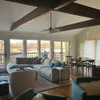

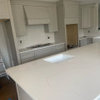
Sara_in_philly
Delilah66Original Author
Related Professionals
Fort Washington Lighting · Fort Wayne Furniture & Accessories · Tulsa Furniture & Accessories · Ventura Furniture & Accessories · Hoboken Furniture & Accessories · Riverton Furniture & Accessories · Whitman Interior Designers & Decorators · Burlingame Electricians · Albemarle Decks, Patios & Outdoor Enclosures · Brentwood Decks, Patios & Outdoor Enclosures · Fredericksburg Decks, Patios & Outdoor Enclosures · Frisco Decks, Patios & Outdoor Enclosures · Green Bay Decks, Patios & Outdoor Enclosures · Houston Decks, Patios & Outdoor Enclosures · Verona Decks, Patios & Outdoor EnclosuresDavidR
texasredhead
Delilah66Original Author
texasredhead
catluvr
brickeyee
dancingsams
brickeyee
DavidR
Delilah66Original Author
DavidR
normclc
brickeyee